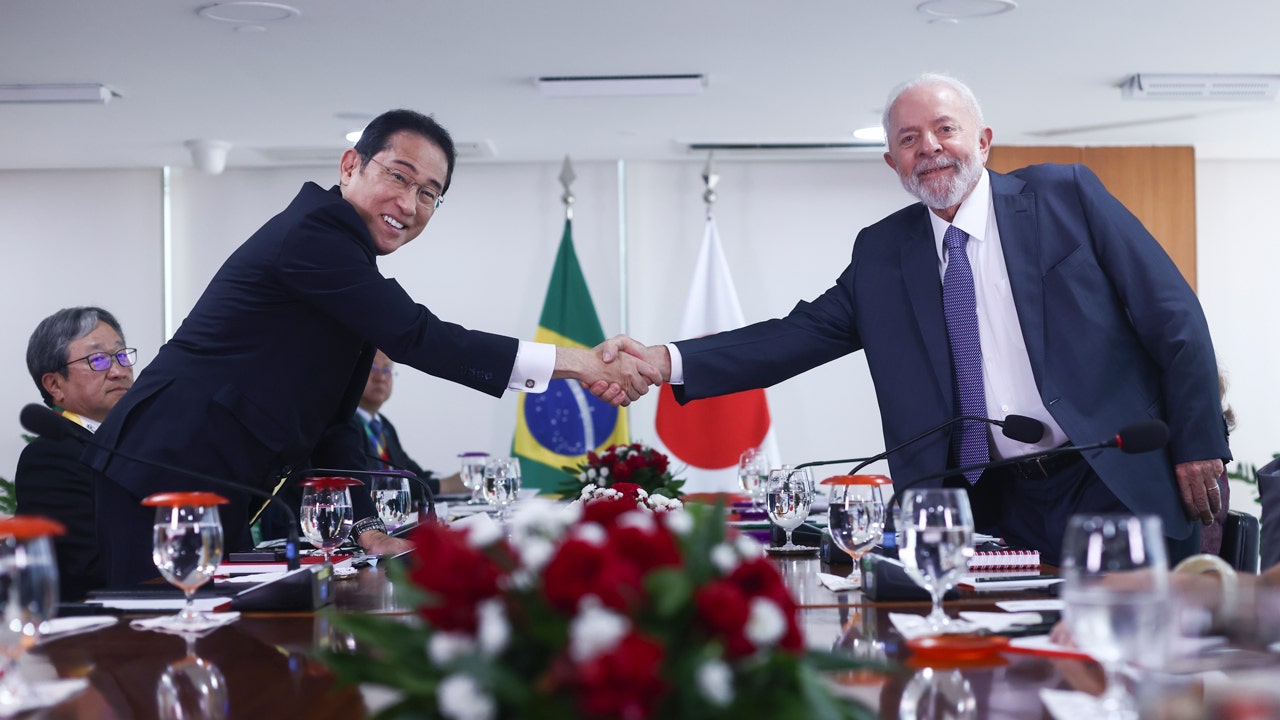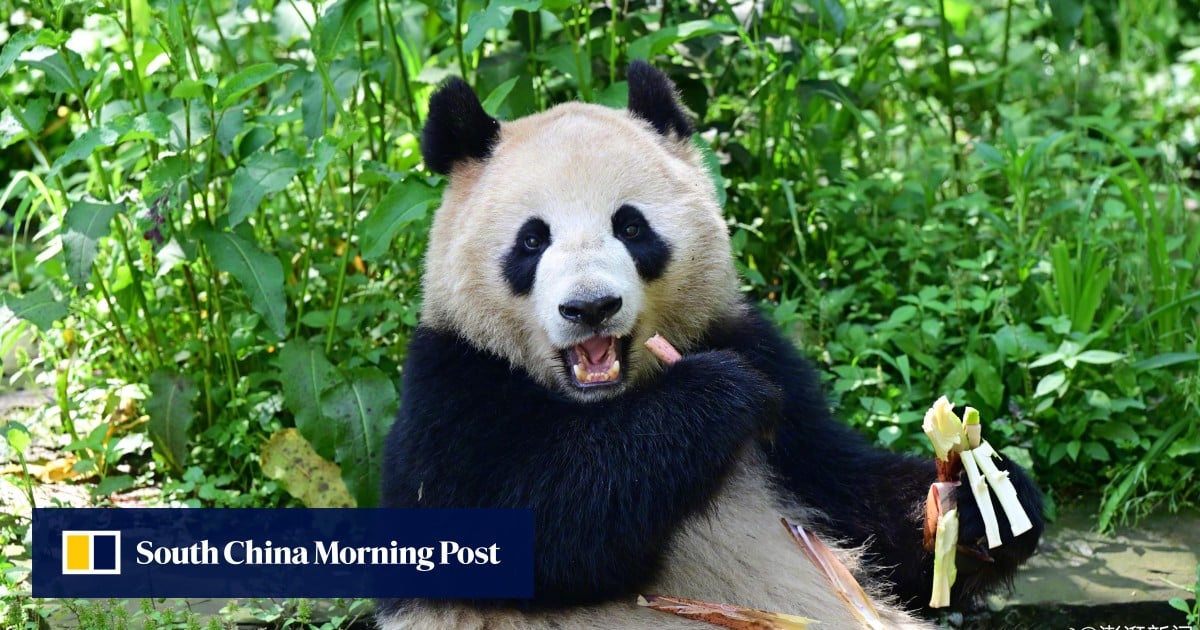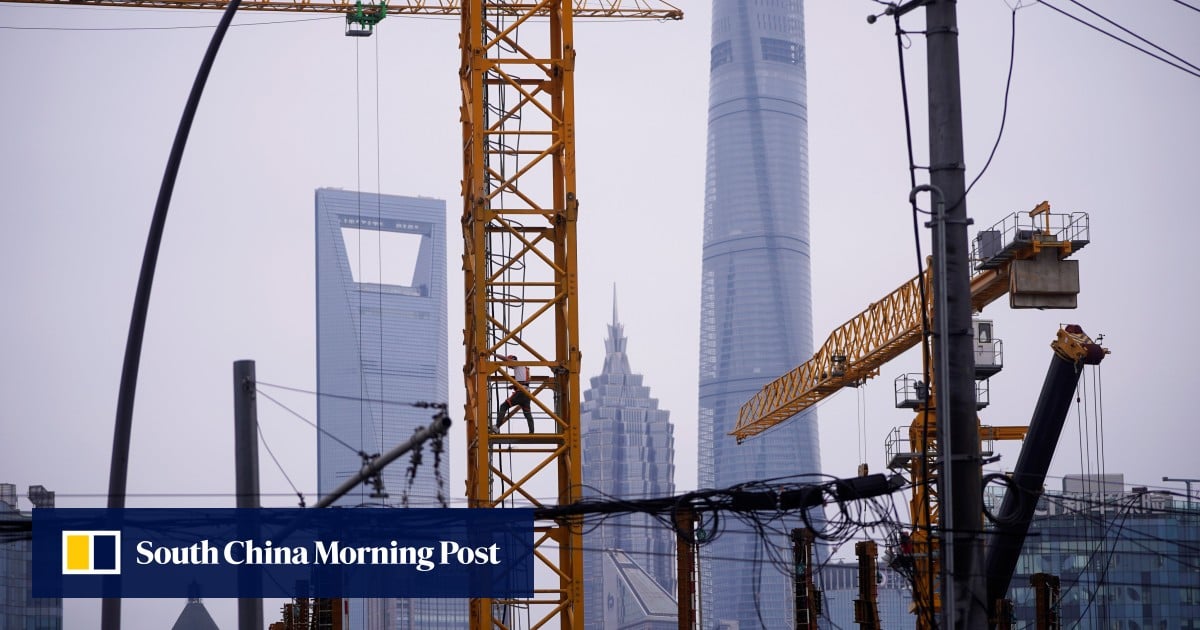World
Brussels, my love? The EU single market is not sexy enough for voters

In this edition, panellists reflect on the woes of the EU single market in the context of a shrinking European economy. They also zoom in on Europe’s drinking culture and give their views on taxing the rich.
We are joined this week by Andrea Renda from think tank CEPS, Dr Eoin Drea from the Wilfried Martens Centre for European Studies, and Raquel Garcia Hermida-van der Walle from the Dutch social liberal political party Democrats 66.
The panel pick apart the Enrico Letta report, 147 pages of conclusions about the good, bad and ugly of the EU single market 30 years since it’s creation.
Today, European companies are faced with 27 versions of company law, 27 insolvency laws and 27 tax systems making it challenging for SMEs and even harder for entrepreneurs. But Eoin Drea was not convinced this latest report would change much. He called it a “love letter to political failure.”
“I think, unfortunately, we have another report, another election, another report about the European single market,” he said lamenting the lack of political will to implement ideas.
“We’re not doomed,” according to Andrea Renda, who called on the EU to get its act together.
Raquel Garcia Hermida called for a “blast for the future.”
“We really need to move Europe forward in the next few years. We have no time to lose,” she said.
Watch “Brussels, my love?” in the player above.

World
Brussels, my love? Champage cracked open to celebrate the Big Bang

In this edition, we zoom in on dwindling press freedom in Europe and check how Europe is doing 20 years after the big bang enlargement.
This week, we are joined by Olena Abramovych, Brussels correspondent for Ukrainian TV, Ricardo Borges de Castro, analyst in European and global affairs and Polish journalist Dorota Bawolek.
Panelists reflect on the big bang enlargement of the European Union that took place 20 years ago when leaders of 10 new countries presented their flags to Pat Cox, then president of the European Parliament. Despite the bumps along the way, the panel agreed it was a success.
“Even though you can say that the story has not always be rosy, over the past 20 years it has been a great story”, Ricardo Borges de Castro said.
The panel also marked International Press Freedom Day by focusing on the dwindling press freedom in the EU.
“It is very worrying and at the same time, unfortunately, not very surprising”, said Dorota Bawolek, who suffered attacks both online and offline for her reporting, and experienced censorship.
“Democracy in Europe is not living its best days at the moment. And media and media freedom is one of the victims of it”, she said.
Watch “Brussels, my love?” in the player above.
World
Video: Police Remove Dozens of Protesters from Sciences Po University in Paris

new video loaded: Police Remove Dozens of Protesters from Sciences Po University in Paris
transcript
transcript
Police Remove Dozens of Protesters from Sciences Po University in Paris
Student demonstrators had been occupying a campus building in central Paris, in protest over the war in Gaza. French police cleared the building on Friday.
-
Free Palestine. Free, free Palestine.
Recent episodes in Israel-Hamas War
World
Brazil's Lula invites Japan's prime minister to eat his country's meat, and become a believer

Brazil’s President Luiz Inácio Lula da Silva on Friday welcomed Japan’s Prime Minister Fumio Kishida on his first visit to the country, with the two meeting in the capital of Brasilia and the South American leader pushing his counterpart to buy his country’s beef.
Brazil had wished to seize on the bilateral meeting to push forward an agreement to open Japanese markets to Brazilian beef, a goal the Latin American country has pursued since 2005. In an appeal to the prime minister, Lula insisted he should eat at a steakhouse during his trip.
BRAZIL REASSURES FOREIGN COUNTRIES AFTER MEAT SCANDAL
“I don’t know what you had for dinner last night,” Lula said during the press conference, looking at Kishida and the Japanese delegation, then turning his attention to Vice President Geraldo Alckmin, who is also Minister of Industry, Commerce, Development and Trade. “Please, take Prime Minister Fumio to eat steak at the best restaurant in Sao Paulo so that, the following week, he starts importing our beef.”
Brazilian President Luiz Inácio Lula da Silva, right, and Japan’s Prime Minister Fumio Kishida shake hands for the media during a meeting at Planalto presidential palace in Brasília, Brazil, Friday, May 3, 2024. (AP Photo/Luis Nova)
Under Lula, Brazil has boosted efforts to export beef to international markets. Since the beginning of 2023 when Lula took office, 50 countries have lifted restrictions, mostly in Asia. According to Brazilian officials, about 70% of the beef consumed in Japan is imported, while 80% of the imports come from the U.S. and Australia.
“Our meat is cheaper and of better quality than the meat you buy. I don’t even know the price, but I’m sure ours is cheaper, and of extreme quality,” Lula added.
Brazil exported more than 2 million pounds of beef in 2023, barely breaking the record set the prior year, according to official trade data. The nation is the world’s largest beef exporter, shipping to over 90 countries. The sanitary conditions of the cattle industry are now “much better than in 2005, particularly regarding recognition of areas free from foot-and-mouth disease without vaccination,” Eduardo Paes Saboia, the secretary for Asia and Pacific at Brazil’s foreign affairs ministry, told reporters in Brasilia.
The cattle industry is also a major driver of the destruction of the Amazon rainforest and the Cerrado, a vast tropical savanna region. Japan and Brazil agreed to Japanese support for restoration initiatives of the Cerrado’s degraded areas. Additional cooperation agreements pertained to cooperation in cybersecurity and investment promotion, among other areas.
“There is great potential in bilateral cooperation to address global challenges,” Kishida said at a press conference after their bilateral meeting.
He added that he expected to enhance Japanese and Brazilian cooperation in environmental protection measures, climate change and sustainable development, mentioning his country’s recent $3 million contribution to the Brazilian government’s fund to protect the Amazon rainforest. He also noted that 150 Japanese executives had joined him on the trip.
Kishida’s first words to Lula, according to the Brazilian president, were to express solidarity with the victims of the floods in the southern state of Rio Grande do Sul that have killed 37 people as of Friday morning, with dozens more still missing.
Brazil is home to the world’s largest Japanese community outside Japan, with over 2.7 million Japanese citizens and their descendants. The first ships from the Asian country arrived to Brazil in 1908, and immigration peaked between World War I and II.
Prime Minister Kishida will travel to Asuncion, Paraguay in the afternoon to attend a business summit, meet the Japanese community and have dinner with President Santiago Peña. On Saturday morning, he is expected to fly back to Brazil to meet the Japanese community in Sao Paulo, deliver a speech at the University of Sao Paulo and attend a business meeting.
-

 News1 week ago
News1 week agoLarry Webb’s deathbed confession solves 2000 cold case murder of Susan and Natasha Carter, 10, whose remains were found hours after he died
-

 News1 week ago
News1 week agoFirst cargo ship passes through new channel since Baltimore bridge collapse
-

 World1 week ago
World1 week agoHaiti Prime Minister Ariel Henry resigns, transitional council takes power
-

 World1 week ago
World1 week agoSpanish PM Pedro Sanchez suspends public duties to 'reflect'
-

 World1 week ago
World1 week agoUS secretly sent long-range ATACMS weapons to Ukraine
-

 Movie Reviews1 week ago
Movie Reviews1 week agoHumane (2024) – Movie Review
-

 News1 week ago
News1 week agoAmerican Airlines passenger alleges discrimination over use of first-class restroom
-

 Education1 week ago
Education1 week agoVideo: Johnson Condemns Pro-Palestinian Protests at Columbia University

















